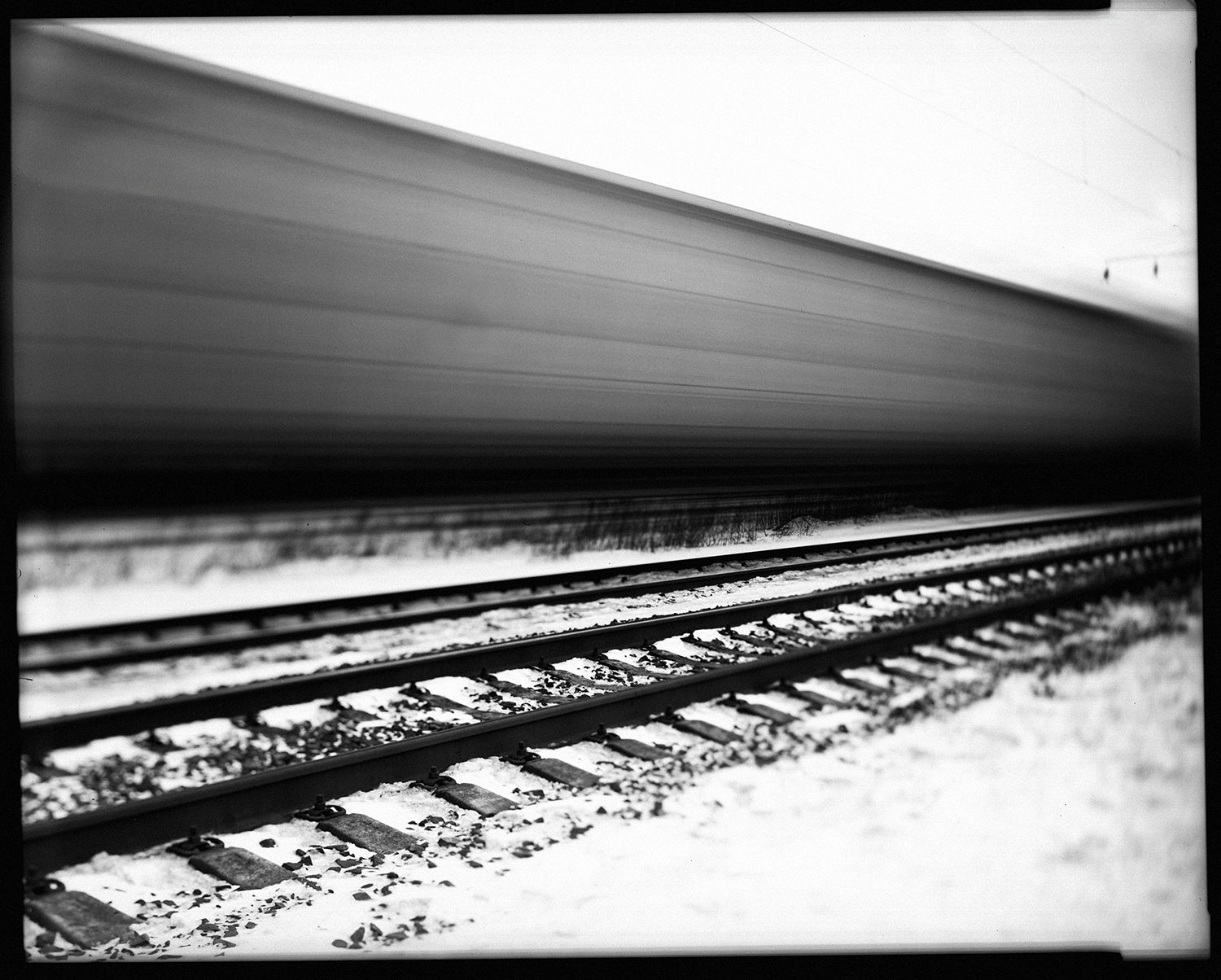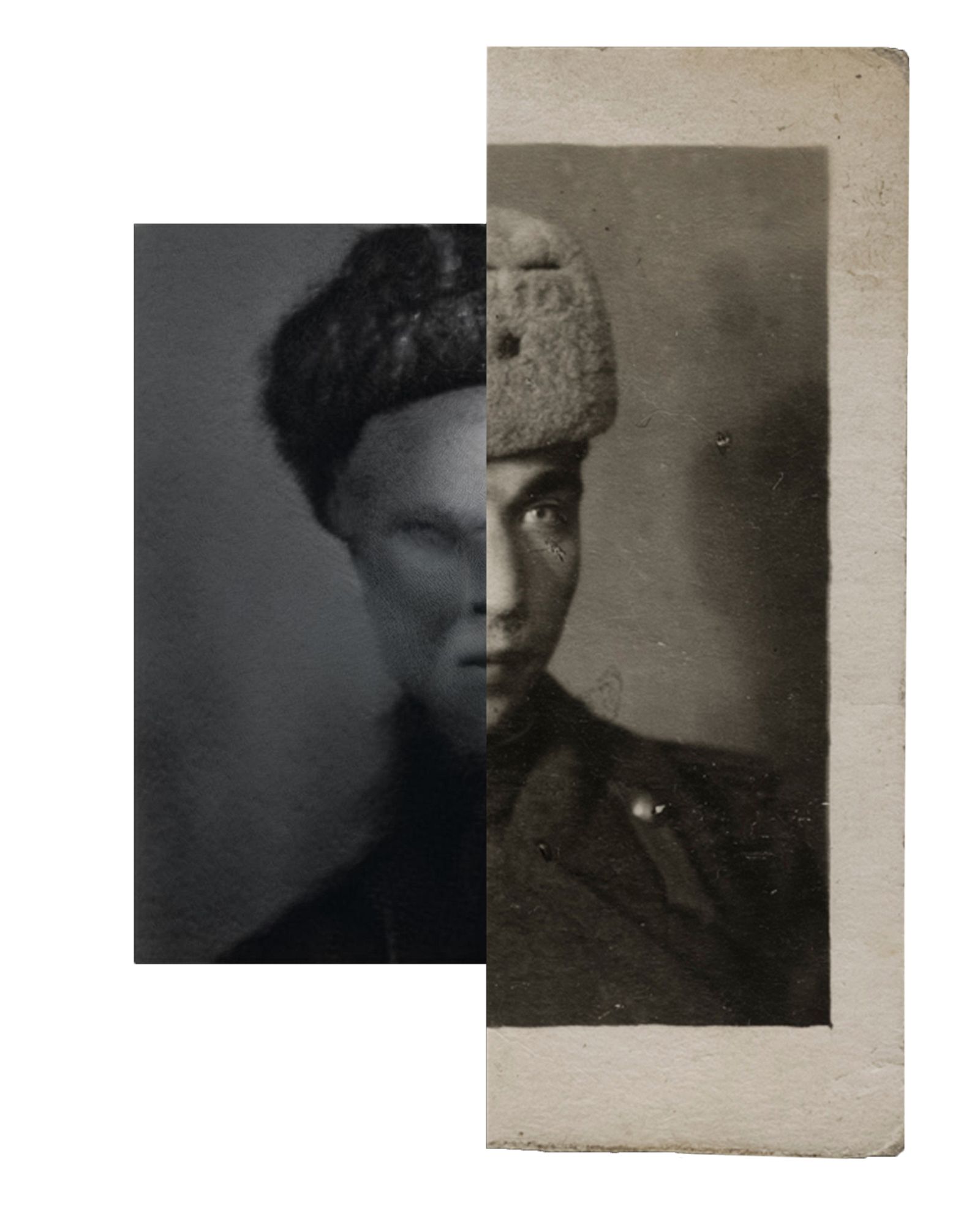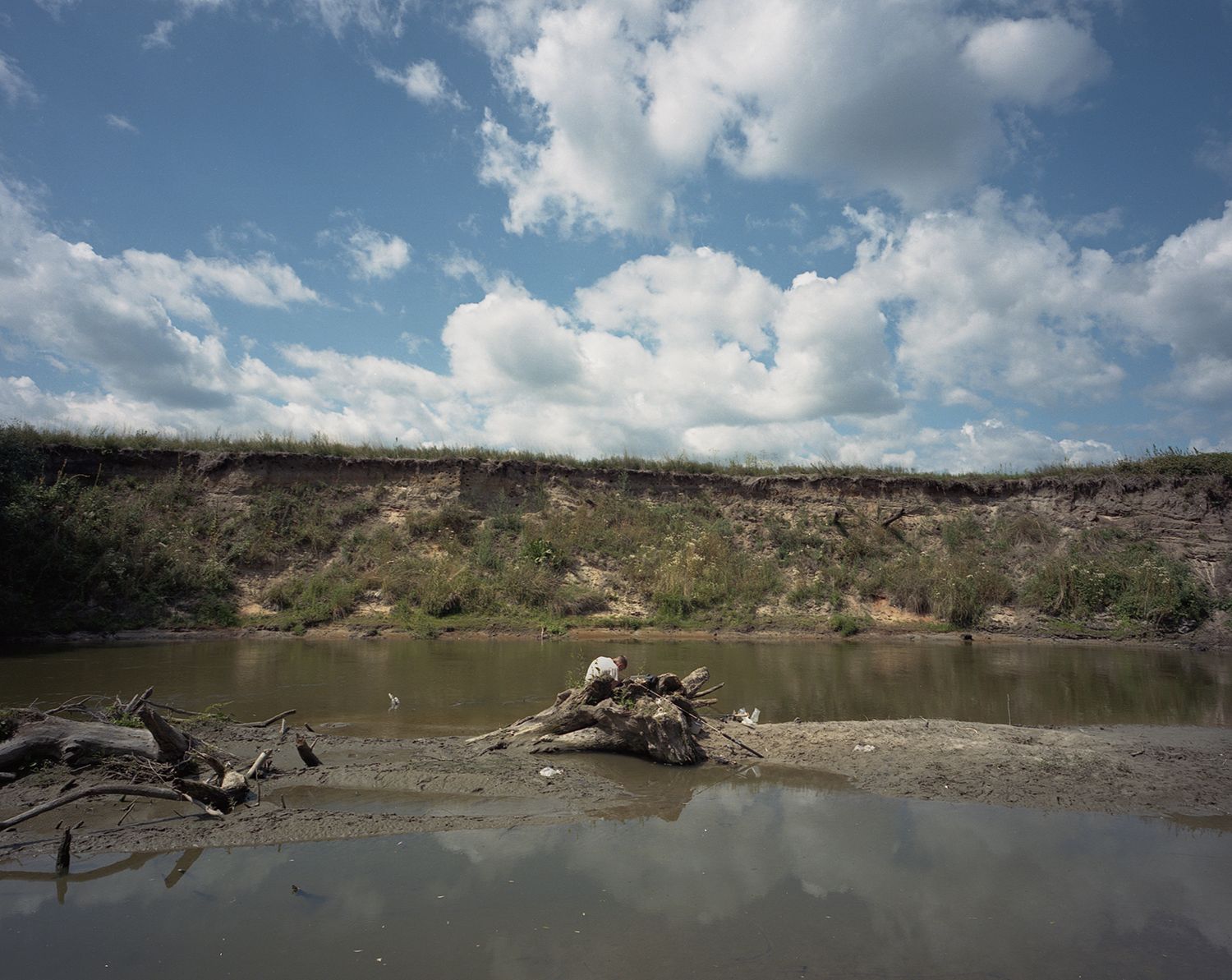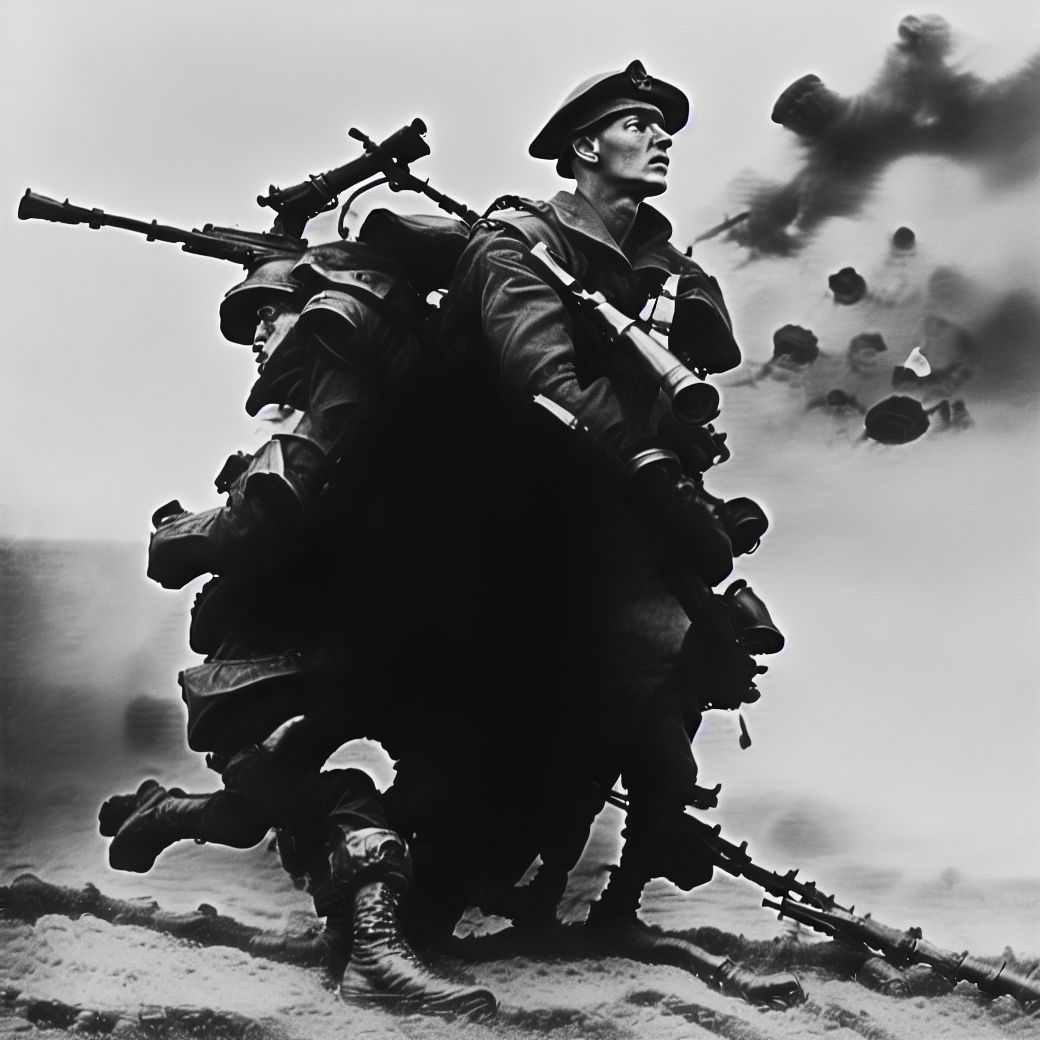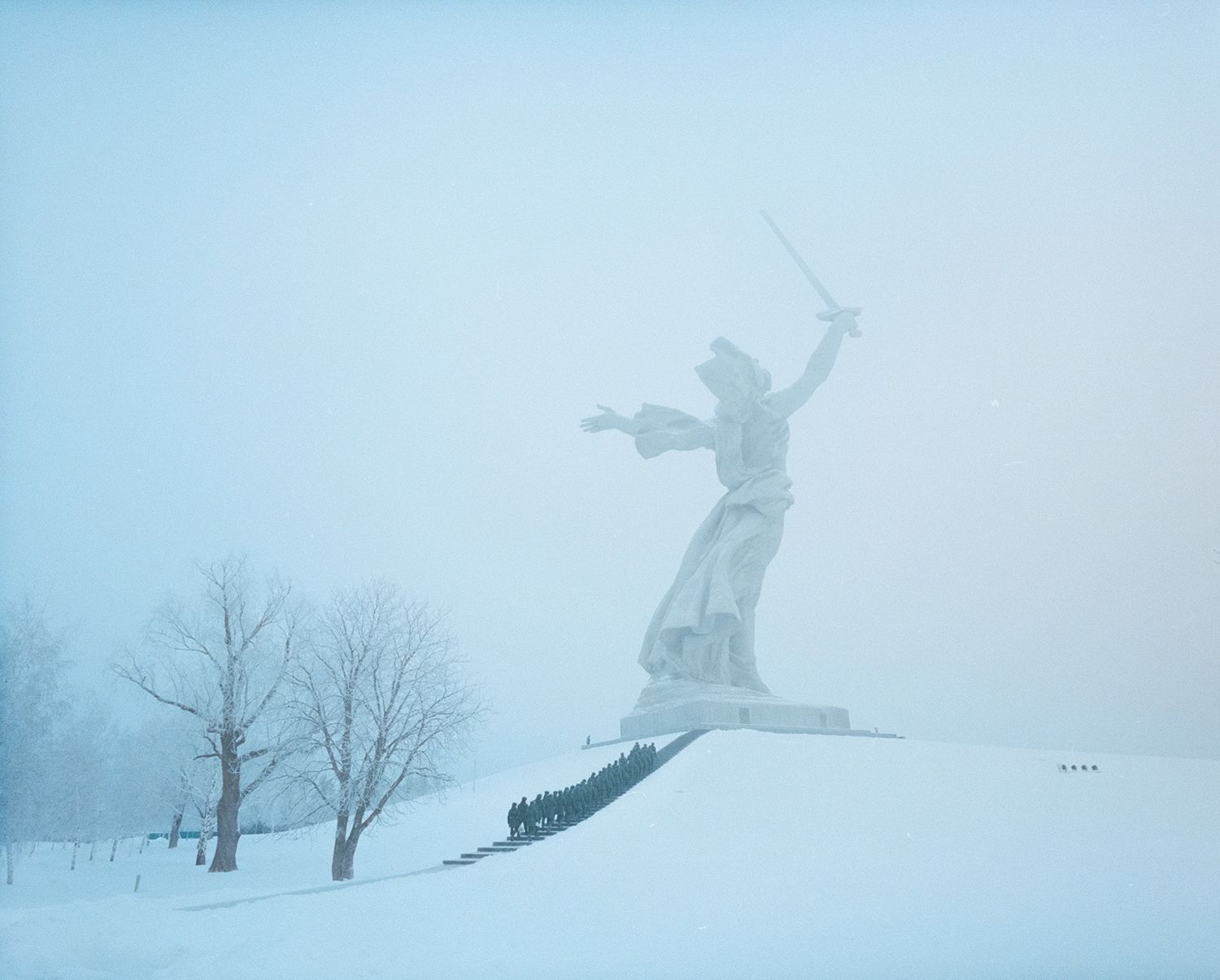
SILENT HERO
My upbringing in Moscow reverberated with the echoes of World War Two. What is arguably the worst conflict in human history, had irreversibly impacted every family in the Soviet Union, including my own. Growing up, every year on victory day I would go to the newly built monuments with my grandfather, Grigoriy Lipkin, a war hero. He would solemnly watch me reappropriate tanks, warships and planes into a jungle gym before we continued to the plaques of the fallen soldiers. Engraved in granite or marble, these lists with names were endless. I watched him scan the lists line by line, name by name, stopping at the letter “L” for Lipkin, to no avail, never finding his brother’s name. Naum Lipkin disappeared shortly after being drafted in 1941.
Grigoriy joined the army a year before reaching the age of conscription, to look for his brother. He fought the war until Berlin, was wounded, took part in liberation of Auschwitz, losing most of his family that refused to evacuate his native Smolensk. At home, he would categorically refuse to speak about his experience and would either cry or make jokes when asked about it. While remaining silent about the war, he used to tell me that as his only grandson I am in charge of carrying his medals and his memory. When he died in 2009, I received his medals, but I did not receive his memories.
To fill the void left by my grandfather’s silence, I embark on a journey through histories, spaces and time to renegotiate a narrative of my grandfather’s time in the war. Combining machine learning, family photographs, archives, interviews with the last living Red Army veterans and forensic field work, Silent Hero explores and questions how these technologies and methods shape the production of knowledge and collective memory.

